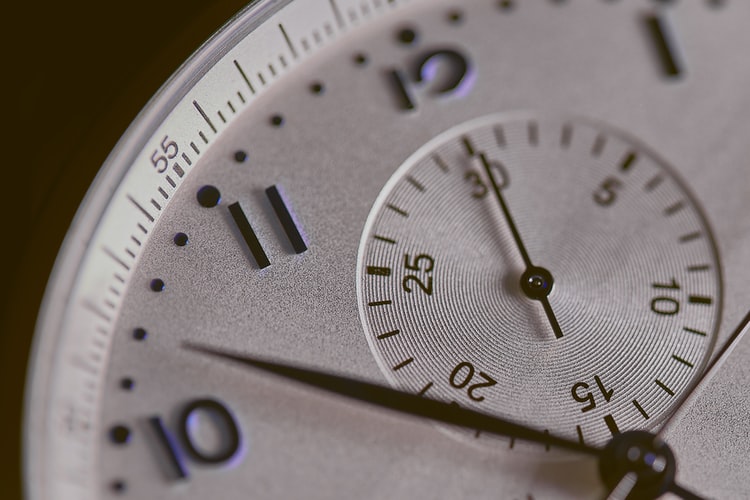Does UTC Observe Daylight Saving Time?

Daylight Saving Time plays a significant role in many people's lives. In countries and states where it is observed, people get the opportunity to enjoy more daylight in the afternoon. This is because, during the start of DST, they adjust the time by moving the clocks one hour forward. This year, the biannual tradition of changing the clocks started in March, and now it's coming to an end in October. In relevance with Daylight Saving Time, some people wonder whether certain time zones like the Coordinated Universal Time follow it.
Does UTC Refer to GMT?
It is essential to understand what UTC is before learning whether Coordinated Universal Time follows Daylight Saving Time. This is because some people are confused about how the time zone works. Is UTC another time zone? Or does it refer to Greenwich Mean Time? UTC and GMT are similar in that they are the standard time. They play a vital role, especially when it comes to weather observations.
The Greenwich Mean Time, which was used before, was replaced with Coordinated Universal Time. It is also referred to as Universal Time Coordinated. UTC is a coordinated time scale maintained by the Bureau International des Poids et Mesures (BIPM). Coordinated Universal Time is also known as "Z time" or "Zulu Time."
Does UTC Observe Daylight Saving Time?
Since many countries, states, and provinces observe Daylight Saving Time, it's time to know whether Coordinated Universal Time follows it. Does UTC observe the twice-a-year tradition?
The answer is NO. UTC has no DST because it serves as a constant frame of reference in which other time zones are relative. Take note that Coordinated Universal Time does not change with a change of seasons. However, its local time or civil time can vary depending on the time zone jurisdiction.
Time can be confusing sometimes, primarily when you deal with different time zones. When understanding time, make sure you know how Coordinated Universal Time is significant and related to other time zones. Remember that every time a specific time zone observes DST, its offset from UTC changes when there's a DST transition. However, that refers to that time zone observing DST and not the Coordinated Universal Time itself.